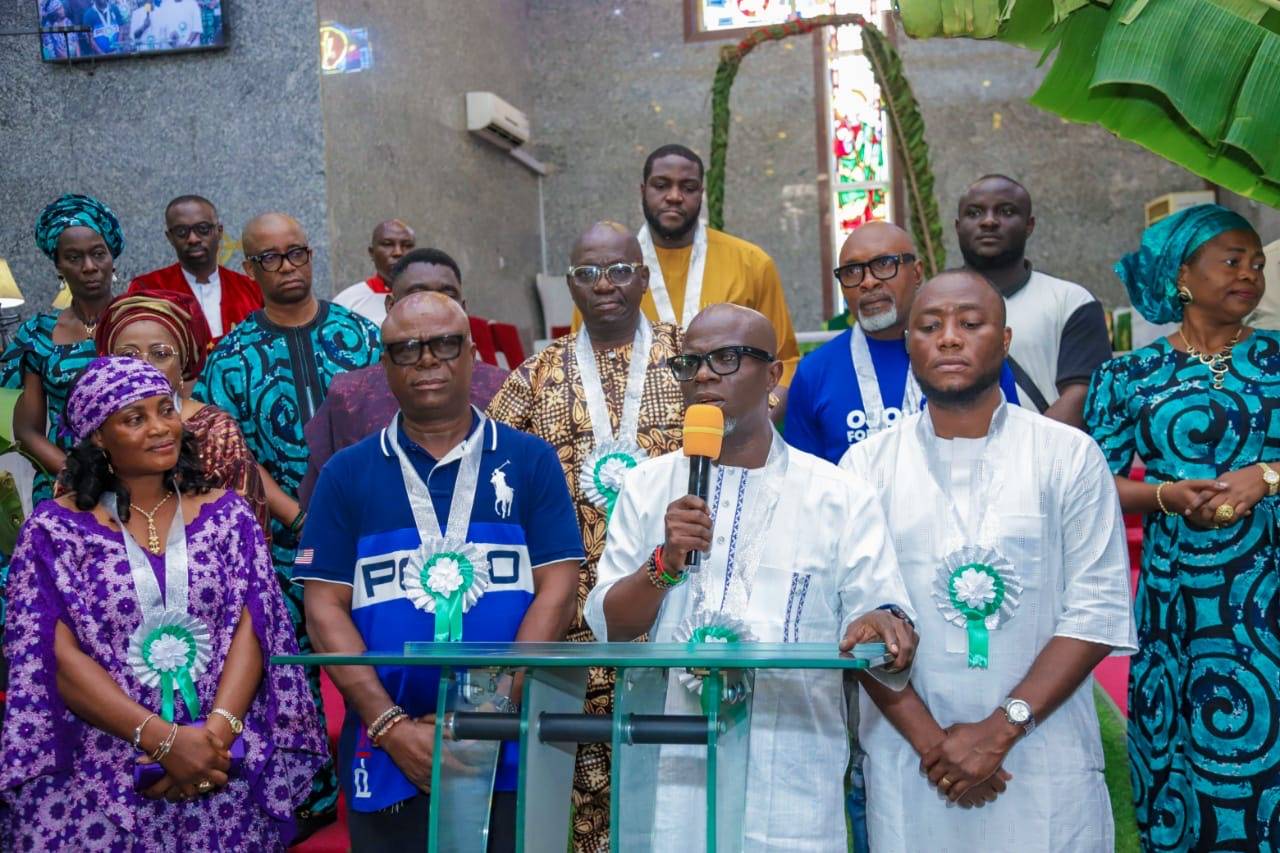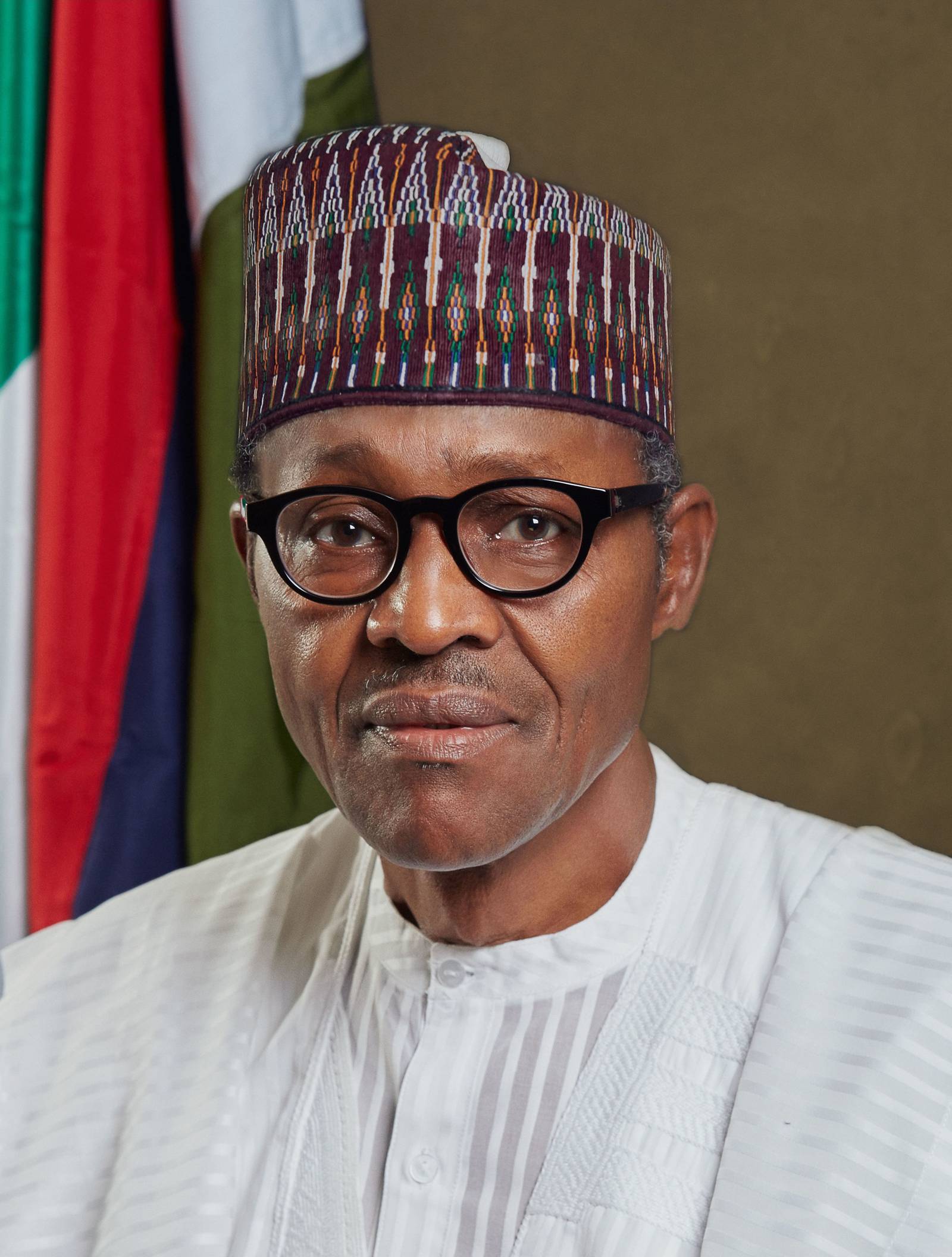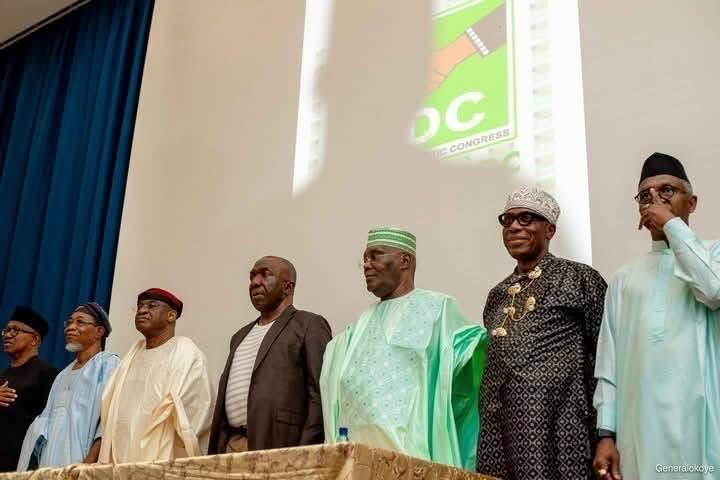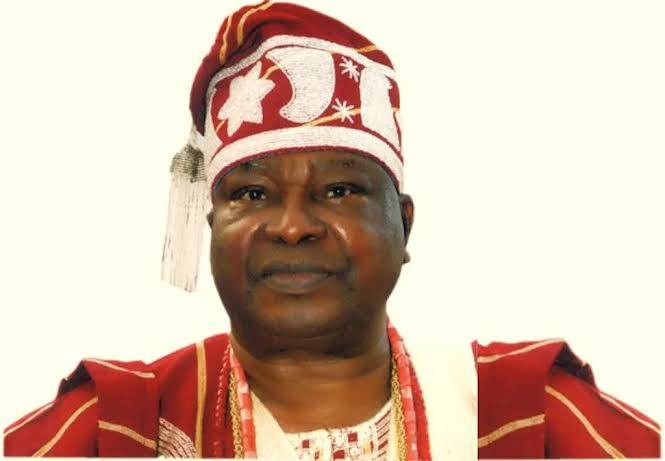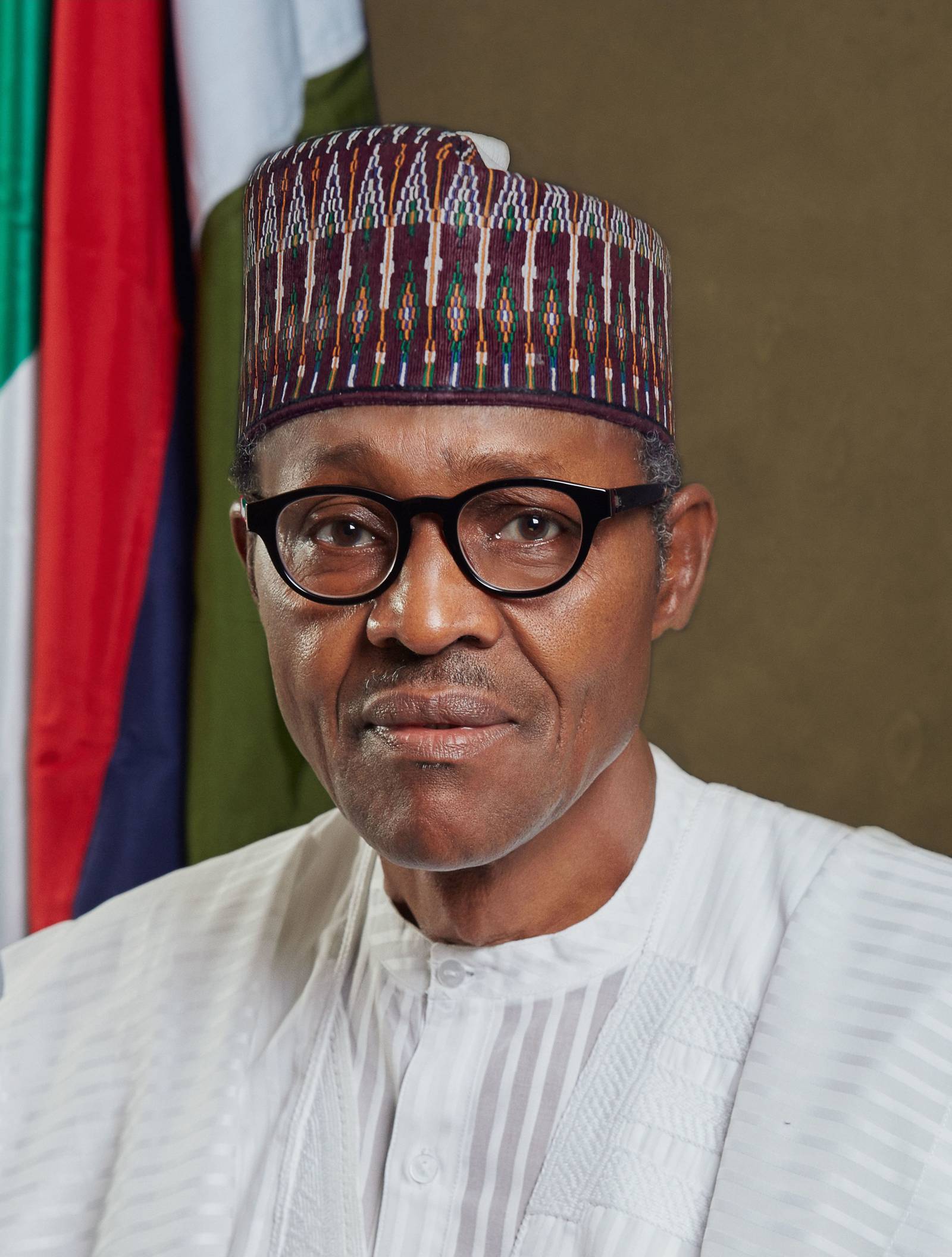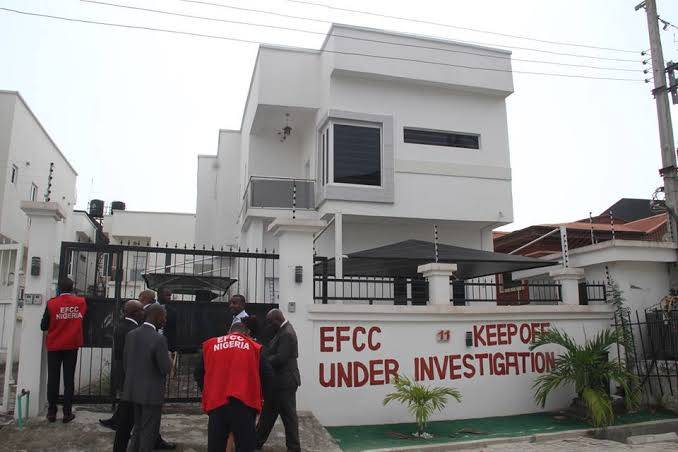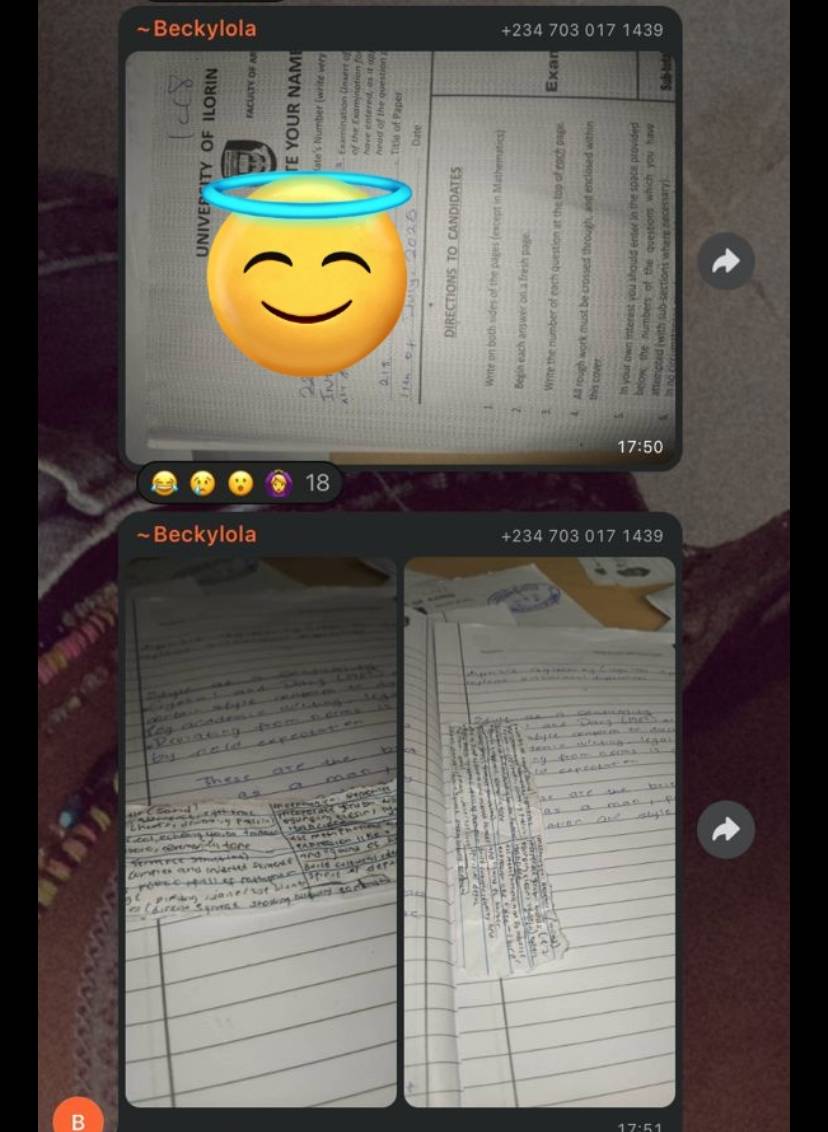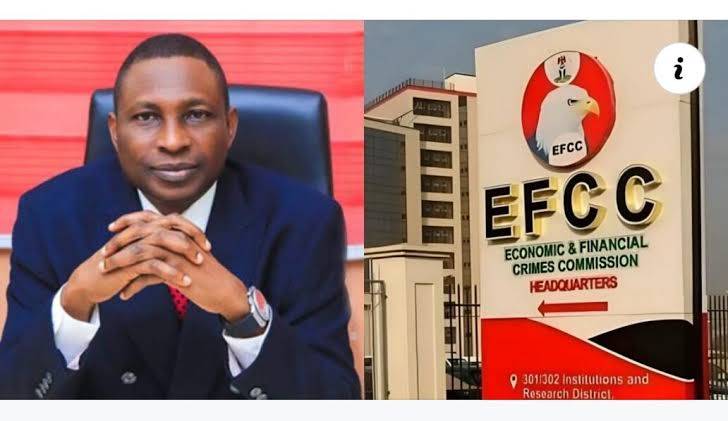Online trading in the Nigerian Capital Markets is gaining popularity. According to figures from the Nigeria Exchange Limited (NGX), domestic investment in the market dwarfed foreign investment in 2021.
For example, domestic transactions in the market constituted 78% of total transactions in 2021 while foreign transactions comprised a mere 22% within the same period. Of the total of N1.899 trillion in 2021, almost 30% was from domestic retail traders.
The Nigerian Securities and Exchange Commission (SEC) is responsible for regulating activities of brokers and traders in the Nigerian capital market.
It is important for one to get necessary information on any venture before embarking on such. In this piece, we will provide you with necessary information you need to have before opening a brokerage account in Nigeria. This will serve as a guide to those intending to open an online brokerage account in Nigeria.
What is an Online Brokerage Account?
An Online Brokerage account is a wallet of securities and cash that allows one trade stocks or shares, bonds, ETFs and other assets via an Online platform. In Nigeria, you need to be at least 18 years of age to qualify for opening a brokerage account. An online brokerage account can also be used for the following:
- As a savings account to keep and withdraw funds anytime
- To acquire investment education, test out tools and trading strategies.
There are two kinds of brokerage accounts to choose from:
- Cash account- used for warehousing your capital.
- Margin account- used for warehousing loans given to you by the broker.
Availability of the Internet in the most remote areas in Nigeria, has made online brokerages popular as one can sit in the comfort of their home and easily open an online brokerage account. Many Nigerians now turn to online trading as an alternative source of revenue aside their normal job.
An online brokerage account works similar to our conventional bank account. The major difference between both is brokerage accounts allow you access to the capital market to trade securities and stocks.
You can fund your online brokerage account through a transfer from your bank account. Most online brokerage accounts are easy to open and you don’t really need a deposit to open one. Brokers make money through charging commissions on transactions and through spread.
Conventional brokerage accounts are taxed by the government since investment income can be taxed as capital gain. For any gains made from trading via online brokerage account, that too will be taxed according to the appropriate Slab Rates.
Steps to Trading with an Online Brokerage Account
All market players in the Nigerian capital market are regulated and licensed by the Securities and exchange commission SEC. Before opening an online brokerage account, be sure to check that the broker has been licensed by SEC. This is to ensure the broker can be held accountable and you can be compensated should the broker fail in his obligations.
The NGX has published on its website, a list of licensed online brokers in Nigeria.
However, for investors interested in trading forex, the Nigerian Securities and Exchange Commission (SEC) warns they do so at their own risk. Forex trading in Nigeria is not illegal but it is not regulated. This warning is hinged on the premise that since there is no regulatory framework for online forex trading, investors should desist from it.
The SEC also advised Nigerians to avoid foreign online forex brokers as they are not regulated by Nigerian authorities. It further stated that Nigerians should avoid online forex trading until a regulatory framework is enacted.
That being said, experts are of the opinion that equity traders in Nigeria should only invest or trade with SEC regulated brokers.
Since the SEC does not issue licenses to retail forex brokers, intending forex traders here should patronise only online forex brokers in Nigeria who are regulated by at-least one Tier-1 regulatory institutions such as the United Kingdom’s FCA, Australia’s ASIC etc.
What is Tier-1 regulators in Forex Trading? These are regulators or financial institutions in Developed countries so they are considered highly trustworthy. They usually have strict rules regarding licensing and operation of forex brokers.
Step 1: After carefully studying the different brokers and choosing the one that is best for you in terms of your trading goals, the next step is to open an account with the broker.
Requirements for opening an online brokerage account are similar to those for opening regular bank accounts with commercial banks in Nigeria. They are:
- Government issued means of identification
- Bank verification number (BVN)
- Proof of address ( utility bill, voters card or bank statement)
- Proof of Corporate Affairs Commission registration ( for a corporate body)
The account opening process usually takes between few minutes and at most two days with most brokers. This is as a result of the Know Your Customer (KYC) verification.
Most Nigerian brokers use the Bank Verification Number (BVN) to verify the authenticity of the clients’ information supplied during registration. This is done because it is assumed that all information provided during the BVN registration or when opening your personal bank account is authentic. For example, fund manager, Cowrywise uses the BVN as its identifier. This is done by matching the BVN provided to the corresponding BVN number in the government’s data base.
Step 2: The second step in trading with an online brokerage in Nigeria is downloading the broker’s App. Although, one does not need to register before downloading the app. The registration can be done on the App.
Most online brokerage firms have Apps that are suitable for different mobile phones and computers. You should download the one compatible with your device. Your device should also have a fast processor and enough RAM space.
For some brokers, the App serves as the trading platform. This is where trade and price movement of securities are monitored.
Step 3: The last stage is to start investing or trading.
It is important you understand the instrument you are investing in. There are a lot of risks inherent in online trading and investing in Nigeria. One of such risks is that of government regulation.
An online broker could be under investigation or be sanctioned by the government. This results in government freezing Bank accounts of those who engage in online trade with the broker.
Another issue is in brokers offering instruments or products that are not regulated by government for example crypto currency.
There is also the risk of scams. This calls for proper understanding of the particular online broker or investment platform. There are cases of online investment platforms that run similar to Ponzi schemes. These platforms promise ludicrous profits on investments.
An investor should try to understand the feasibility of the broker’s offering. This is important to avoid falling for scam investor platforms who run away with investors funds.
A trader should also apply proper risk management strategies like using stop orders when investing with these online platforms or brokers to avoid loss of funds.
Still on risks, investors are advised not to invest money they will need for the next five years. However, such advice is for those that invest in long term assets like stocks.
Trading forex instruments is considered a safe short-term investment strategy. For those wanting quick return on investments in the short term, forex trading is better.


